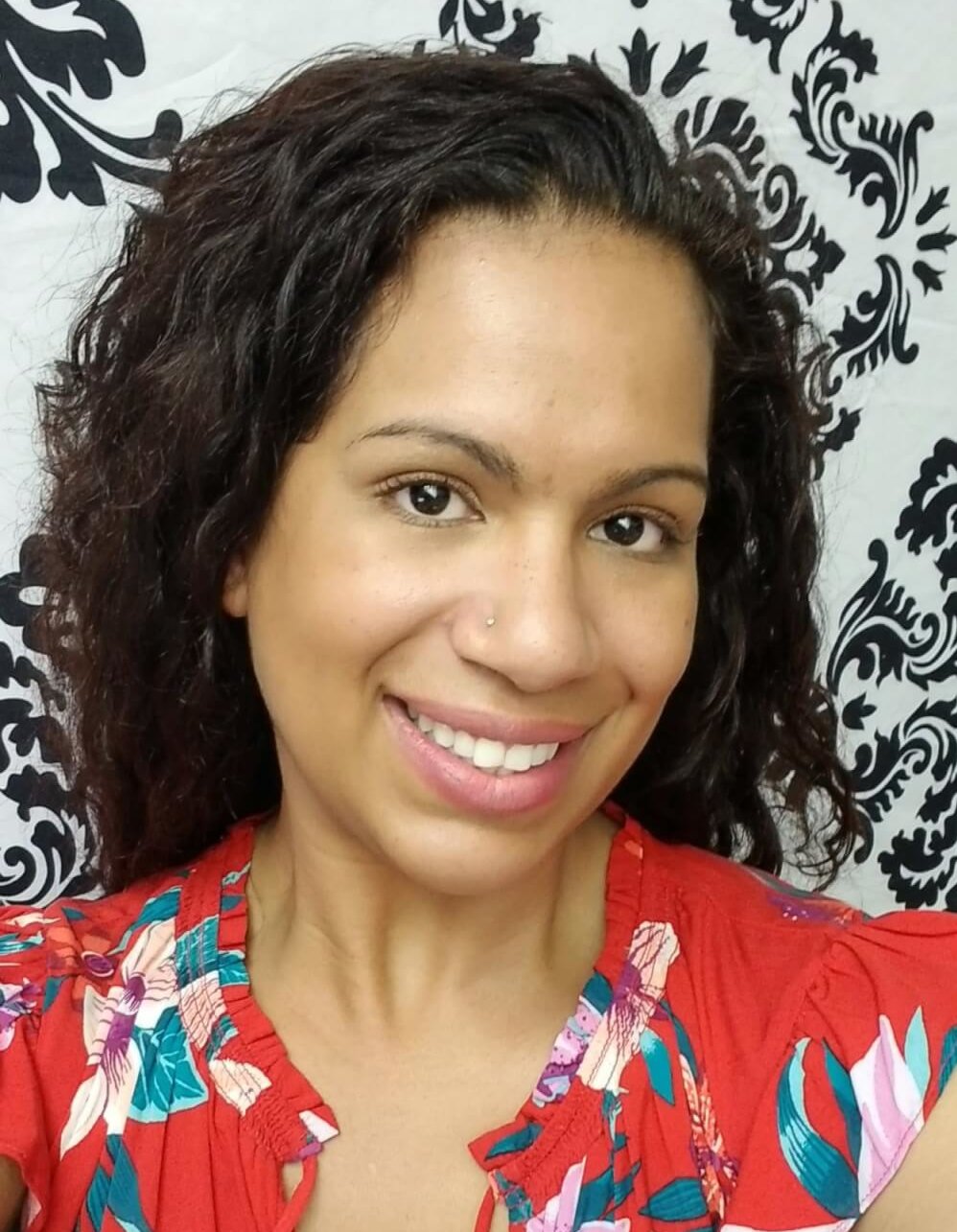By Lindsay Cherry
Being adopted into a multiracial family and living in a predominantly White town in the early 1990’s brought on unique experiences and challenges. I was one of seven children with loving parents. I learned early on the importance of loving people, accepting those who were different from ourselves, and lending a helping hand whenever possible. I knew that the make-up of my family was unique: my oldest sister was biological to my parents while my other siblings and I were adopted. The six of us who were adopted were also biracial; one part Black mixed with one ethnicity or another. In whatever way we came into the family, we all knew that we were loved and there was a place for us. It is with this foundation that I would begin my school journey; not realizing that there was such a thing as inequality between Whites and Blacks.
It was the school year of 1994-1995, third grade for me. Although I couldn’t name exactly what it was, I knew that I didn’t quite fit in. I knew I was different from the other students. Day after day, I sat at my desk within a classroom of a school which was centered in a very White, conservative, Christian Reformed town. I learned about the history of Michigan, wrote personal narratives, and learned that ½ of a Hershey bar meant you received half of the candy bar. My favorite teacher also taught us the long-anticipated “fancy” way of writing – cursive! While learning cursive, my teacher and I had a moment that would impact me for the rest of my life. For her, I am sure it was just another lesson, but for me it was a moment I didn’t know I needed; a meaningful moment that would set the trajectory for my life as an educator. As my White 3rd grade teacher, Mrs. Klavor, wrote cursive with chalk on the blackboard; I could see that she was spelling out my name. Once she finished, she stated Lindsay was a “beautiful name.” Although Mrs. Klavor wrote other names on the board, it was in that moment I felt special and seen by an adult at the school. I was noticed in a positive way and acknowledged as being beautiful within the school system. I sat up a little straighter, felt a little prouder, and smiled.
During my 7th grade year I was recommended to take Biology, which was an advanced course. At first I felt significant for being chosen. However, after hearing the workload was very demanding and more difficult, I was very intimidated and began to feel anxious. I immediately dropped the class and no one pushed back, encouraged me to stick with it, or reassured that my feelings were normal. This moment set the tone for how I approached my education; passing through was good enough and the expectation to apply my best self never came.
I continued to navigate my way through a system which seemed to merely tolerate my presence. During my junior year, the school hired a Black security guard. This staff member happened to be a distant relative, but more importantly…he was Black. He was the first Black adult I had seen working in the school system. I couldn’t wait to talk to him for a minute during passing time; I would take the long way to class just so I could say hi – all because it mattered to me that he was there. I finally found a space where I felt safe and someone who I could relate to within the school system. Unfortunately, just as quickly as he arrived, he was gone. This was devastating for me. Even so, something sparked in me and I knew I would have to search for that feeling of connection again.
It is not until later in life when I would discover and be able to name the various elements of my educational journey as racist micro and macro-aggressions. These experiences perpetuated an absence of safety and connection, missed opportunities and accountability towards greatness, and a huge lack of representation. These three components, when considered together are what I’ve come to call “the Trilogy of Success” and they are crucial to a child’s development and education:
- Acceptance and a safe space
- Accountability and encouragement for success
- Representation
The Trilogy of Success is not absent from our educational system for White students. There is representation for them everywhere; from the adults they see on a daily basis to the examples in the textbook. There is an expectation for White students to be successful within the education system because this system was built with them in mind. Finally, since there is representation in a system which is built for White students, there is a sense of belonging developed.
The Trilogy of Success is, however, missing for students who fall within the disenfranchised groups across our country. In an age where every child has access to free public education and every districts’ mission includes some kind of phrasing consisting of “all students,” the majority of district Black Americans make up only 13.4% of the United States population and yet Black students are the most at risk population within our public education system. In 2019, only 15% of Black fourth grade students met or were above the proficiency reading level in contrast to the 48% of White students who were at or above the proficiency reading level in the United States schools (National Assessment of Educational Progress, 2019). Also, from the Office for Civil Rights, the most recent data provided is from 2013-2014 which shows 40.3% of Black students were suspended one or more times versus 32.6% of White students who were suspended one or more times. Many Black students within America are having a completely different educational experience than their peers and the outcome further perpetuates a cycle of oppression.
Not all students have ready access to the Trilogy. It’s my goal as an educator is to ensure that all students (including those who are disenfranchised) have access to the foundation of success.
Lindsay Cherry
Ever since that memorable experience in third grade, I decided to become a teacher because I wanted to make a difference in my students’ lives the way Mrs. Klavor did mine. Once I became a teacher, I noticed the Black students within my school were having similar experiences I had going through the educational system. Watching these students, it was as if it was 7th grade for me all over again, seeing their talent, yet not knowing how to channel it. So, I decided to take action. In order to address the inequities within our society that directly impacts our youth, my husband and I created I AM Academy. It is our desire to provide Black students with the Trilogy of Success: Acceptance and a safe space, Accountability and encouragement for success, and Representation. My personal experience as a Black student has led to the formation of I AM Academy and the education system within west Michigan to provide the Trilogy of Success for ALL students. I am forever grateful to Mrs. Klavor for her small act of kindness towards me and inspiring me to make a difference in other’s lives.

About the author: Lindsay Cherry is middle school teacher, a married mother of five and the co-founder of I Am Academy, which partners with area schools to empower Black adolescents and young adults to achieve their full potential by assisting their development, cultivating relationships, supporting educational success, providing collegial experiences, and facilitating job readiness. Visit their Facebook and Instagram pages to learn more.









Lindsay,
My personal experience very closely mirrors yours. Representation and encouragement are so very important. Children need to feel seen and accepted, as well. I love how you have distilled the requirements for success in education. Many people take this for granted and don’t understand why all kids aren’t “taking advantage” of opportunities. I Am Academy’s mission will bring greater opportunities for full participation by Black students & young adults in our community. We are all better for it!